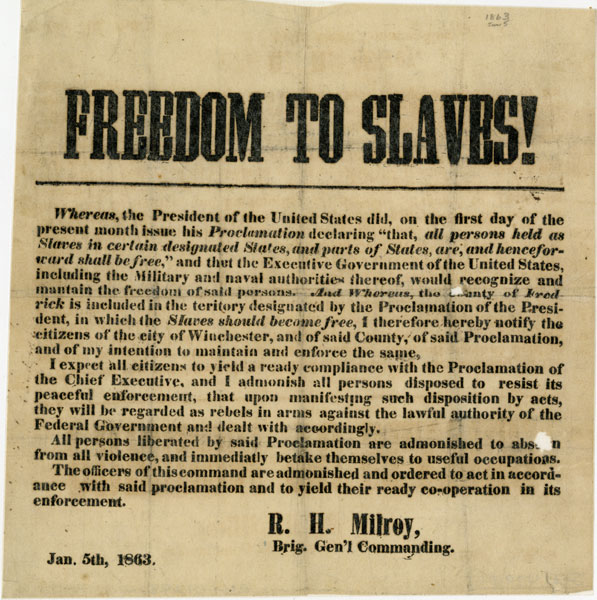
As January 1, 2013, approaches, Blacks in New York, New Jersey, and across the region are gearing up for various celebrations and commemorations in light of the 150-year anniversary of the signing of the Emancipation Proclamation by President Abraham Lincoln.
















